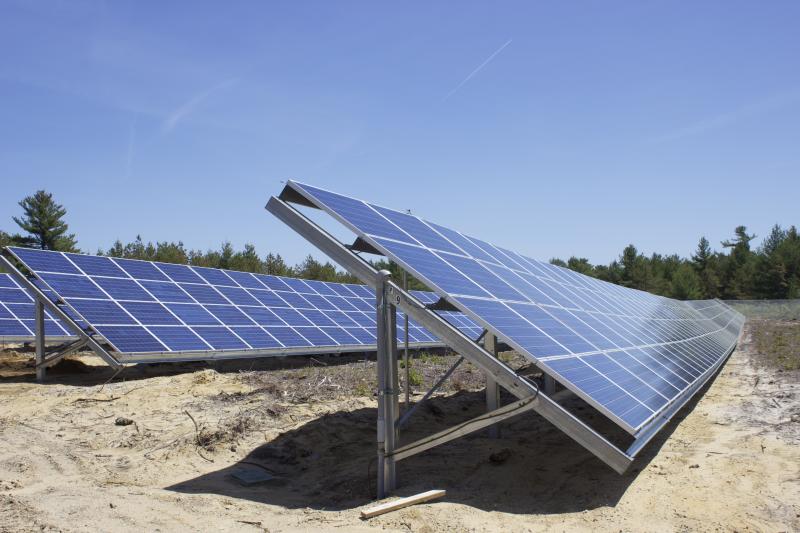Right to build, right to deny: Solar developer lawsuits challenge Planning Board
After approving spending $80,000 on “solar experts” to testify in ongoing lawsuits at the Jan. 13 Special Town Meeting, many voters may have wondered about the details of the litigation.
The answer: Three solar developers have filed lawsuits against the Wareham Planning Board after the board denied them special permits to move forward with their projects.
In two cases, the board refused to extend permits they had originally approved, after delays in connecting the solar projects to Wareham’s electrical grid caused the approval to expire. In a third case, the board denied the developer's initial permit application.
Wareham Town Counsel Richard Bowen explained that the suits represent a local example of a statewide shift in solar development regulation.
Bowen said "the burden of proof" has shifted off of developers and onto local regulating authorities. Entities like Wareham’s Planning Board must now justify the rejection of a project, whereas developers once had to justify a project's construction.
“To make it easier for the state to achieve its policy objectives it enacted various laws that, some would argue, allow solar developers to overcome local zoning laws," Bowen said. “If you were to ask the solar developers about it, it's their position that the state has given them carte blanche to do pretty much whatever they want.”
The board denied permit extensions for developers New Leaf Energy and Solar 1 and raised concerns that batteries used by the developers to store solar energy could pollute Wareham’s drinking water if they caught fire.
Developer Entero has also filed a suit after the board denied their initial application citing a variety of concerns. The board argued that chemicals from the solar panels could leach into groundwater and contaminate residents' wells, the project would require clear-cutting forests and the panels would cover the entire project site. Members also questioned the state’s right to force municipalities to “blindly accept” solar fields.
All three companies have challenged the board’s decisions and filed appeals in Plymouth County Land Court.
In 2020, Solar 1 and New Leaf Energy each received approval to build solar arrays on Charge Pond Road, north of Interstate 495. Both developers planned to build energy storage systems to store the power generated by the arrays. In late 2022 the companies asked for permit extensions following project delays related to Eversource, Wareham’s utility company.
The Planning Board denied the permit extensions, effectively halting the projects over concerns that the battery energy storage systems would be placed over Wareham’s primary source of drinking water.
In court documents, legal representatives for the Planning Board explained that if the batteries caught fire, they would require thousands of gallons of water to extinguish. The contaminated water could then leach into Wareham’s drinking water supply.
The board reversed its initial decision because when they first reviewed the application, they were unfamiliar with the technology and its risks. However, over the next two years, the board became aware of the potential dangers associated with battery energy storage and chose not to extend the permits they had originally approved.
According to the Electric Power Research Institute, battery energy storage systems like the ones proposed for these projects cause about 15 fires worldwide each year.
All three cases are ongoing and are unlikely to be resolved until much later this year.
















